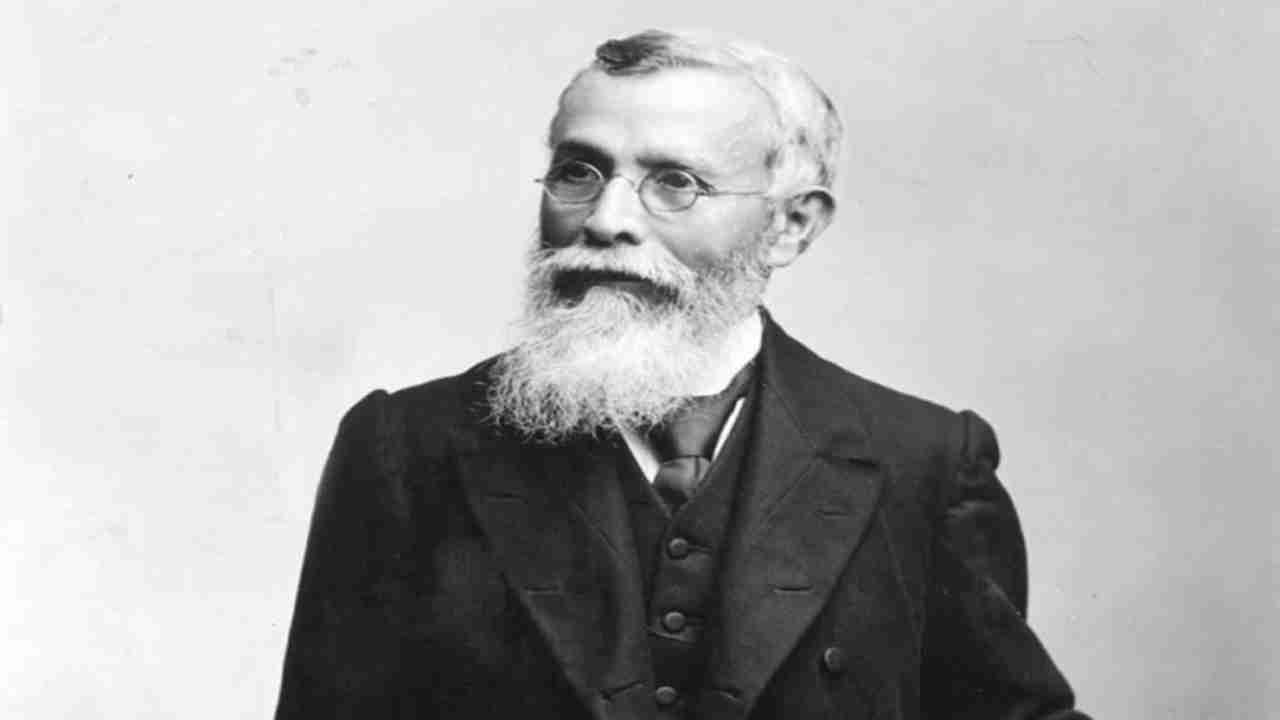Sir Surendarnath Banerjee was a major figure in early Indian Nationalism. He founded the Indian National Association, one of the earliest Indian political organisations, and later became a senior leader of the Indian National Congress. He died on August 6, 1925. He was often called as ‘Surrender Not’ Banerjee by Britishers.
Born in Kolkata(then Calcutta), he was the second Indian to qualify the Indian Civil Service examinations, and was appointed to a post in Sylhet in his homeland. Banerjee was active in teaching for 37 years and considered it his chief vocation, though inseparable from his political work.
In 1878 he became proprietor of the Bengalee, an English-language newspaper, through which he espoused liberal causes for nearly half a century. Banerjee was instrumental in founding the Indian Association in 1876, and he played a prominent role in the Indian National Congress from the time of its founding in 1885. He was president of the Congress in 1895 and 1902.
Banerjee was a critic of the proposed method of civil disobedience advocated by Mohandas Gandhi, the rising popular leader of Indian nationalists and the Congress Party.
Major contributions of Surendranath Banerjee in Indian politics:
- On 26th July 1876 the Indian National Association one of India’s first political organizations was founded by Banerji and Anandmohan Bose.
- Banerji launched action against the issue of age-limit restrictions for Indian students taking the Indian Civil Service Exams through this organization.
- The leader merged the Indian National Association with the Indian National Congress (founded in 1885 in Bombay (now Mumbai)), because of their common vision and goals.
- He was one of the most prominent and vocal leaders against the partition of Bengal in 1905.
- He supported the Morley-Minto Reforms (1909) which was criticized by most Indians as being meaningless.
- Surendranath Banerji published a substantial work titled “A Nation in Making” for which he is remembered.
- From 1921-1924 Banerji held the position of Minister for Local Self Government.

















